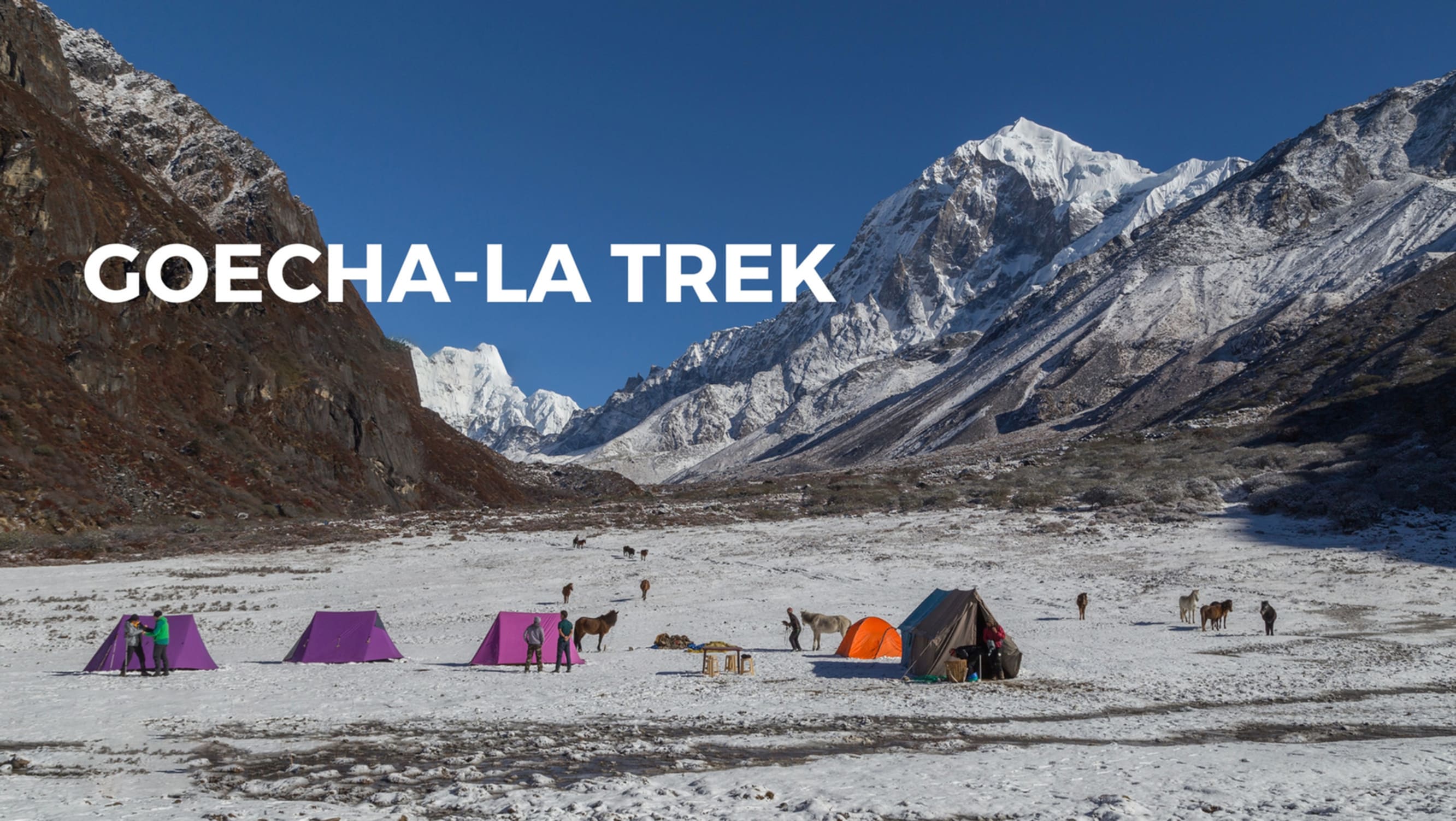Cultural Hub
Sikkim, a land of vibrant culture and rich heritage, is a melting pot of diverse traditions and ethnicities. Nestled in the northeastern part of India, the state is home to a harmonious blend of communities, including the Lepchas, Bhutias, and Nepalis, each with its own distinct customs and cultural practices. From colorful festivals to traditional dances and crafts, Sikkim's cultural landscape is a tapestry of intriguing experiences. Let's delve into the various aspects that make the culture of Sikkim so captivating.
Colorful Festivals
Sikkim’s calendar is marked with numerous festivals that celebrate its cultural diversity and spiritual beliefs. One of the most important is Losar, the Tibetan New Year, which is celebrated with grand processions, music, and dance performances. Saga Dawa, another significant festival, commemorates the birth, enlightenment, and death of Lord Buddha with religious ceremonies and rituals.
Traditional Dances and Music
The traditional dances and music of Sikkim reflect the unique cultural heritage of its people. The Sikkimese dance forms, such as the elegant Enchey Chaam and the lively Tamang Selo, showcase colorful costumes and intricate movements that tell stories of folklore and mythology. The music is equally vibrant, featuring traditional instruments like the damphoo and madal, which add rhythm to the festivities.
Indigenous Crafts and Artistry
Sikkim’s artisans are skilled in creating exquisite handicrafts that showcase the state’s rich artistic heritage. Traditional Lepcha handwoven textiles, Bhutia woolen carpets, and intricate wood carvings are highly sought after by collectors and tourists alike. The Thangka paintings, depicting Buddhist deities and scenes, are another artistic treasure of the region.
Culinary Delights
Sikkim’s culinary culture is a delightful fusion of flavors influenced by its diverse communities. Traditional dishes such as momos (dumplings), thukpa (noodle soup), and gundruk (fermented leafy greens) offer a unique taste of the region. The state is also known for its organic produce and traditional drinks like chaang and tongba, which provide warmth during the cold months.
Spiritual Heritage
Sikkim is a land of spirituality, with numerous monasteries and religious sites dotting its landscape. The Rumtek Monastery, one of the most important centers of Tibetan Buddhism, is a must-visit for its architectural beauty and spiritual significance. Other prominent monasteries include Pemayangtse, Phodong, and Tashiding, each offering a serene and contemplative atmosphere.
Rich Ethnic Diversity
The ethnic diversity of Sikkim adds depth to its cultural fabric. The Lepchas, the original inhabitants of Sikkim, have a deep connection to nature and their unique customs and traditions. The Bhutias bring Tibetan influences to the culture, while the Nepalis contribute their vibrant festivals, music, and dance forms.
The vibrant culture of Sikkim is a reflection of its rich heritage and the harmonious coexistence of its diverse communities. Whether you’re drawn to the colorful festivals, traditional dances, indigenous crafts, or culinary delights, Sikkim offers an enriching experience that will leave you with lasting memories.
Good to Know
Read the basic info and also some fun facts about Australia! Here you will find everything you should know about the ‘’Land of Plenty’’!
Municipalities
Aliquam lorem ante, dapibus in, viverra quis, feugiat a, tellus. Phasellus viverra nulla ut met us varius laoreet. Quisque rutrum. Aenean imperdiet. Etiam ultricies nisi vel augue.
Leave a Reply
Do you have some comments or questions for us? We’d love to hear from you! Don’t be shy! Feel free to drop us a message!











